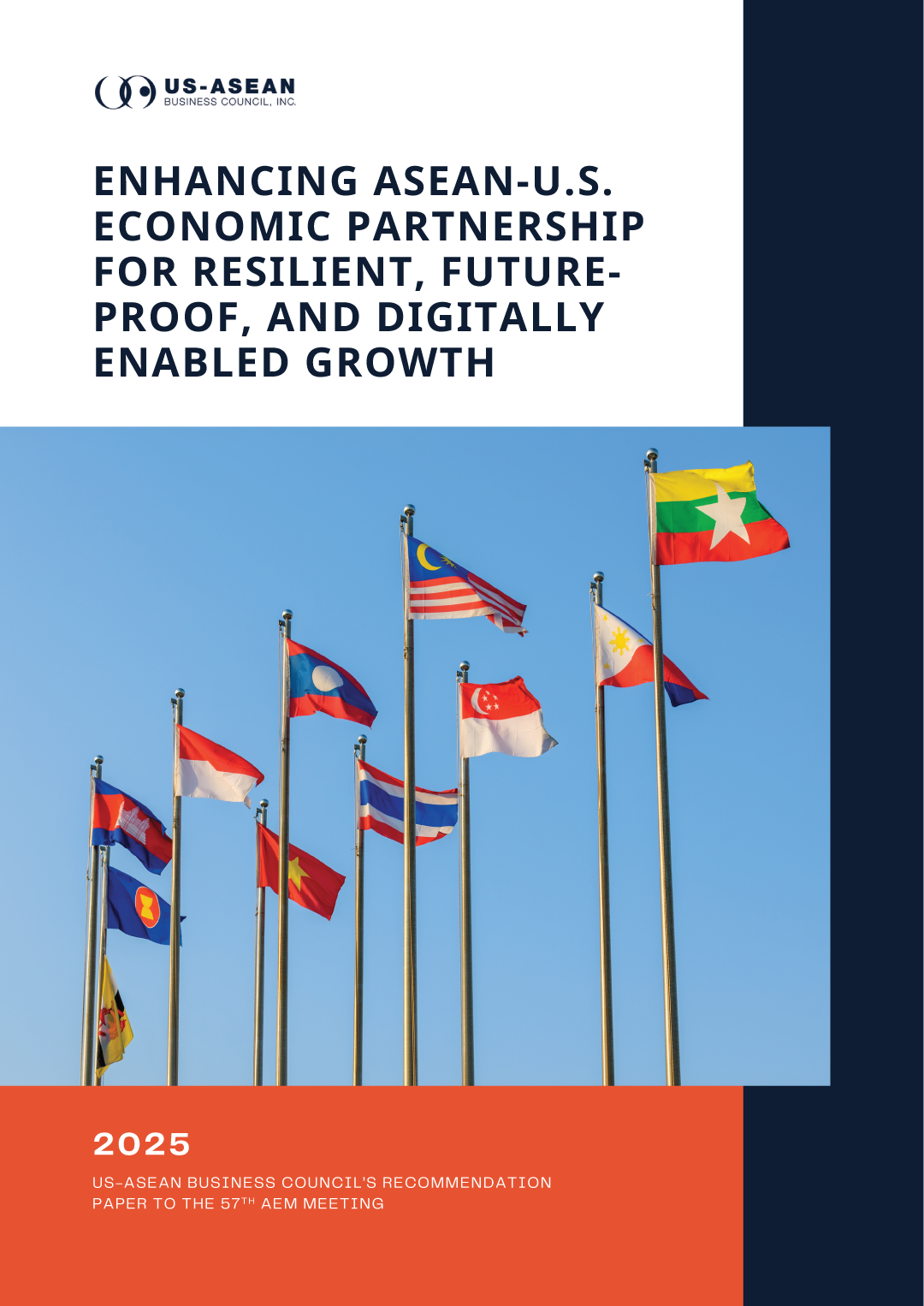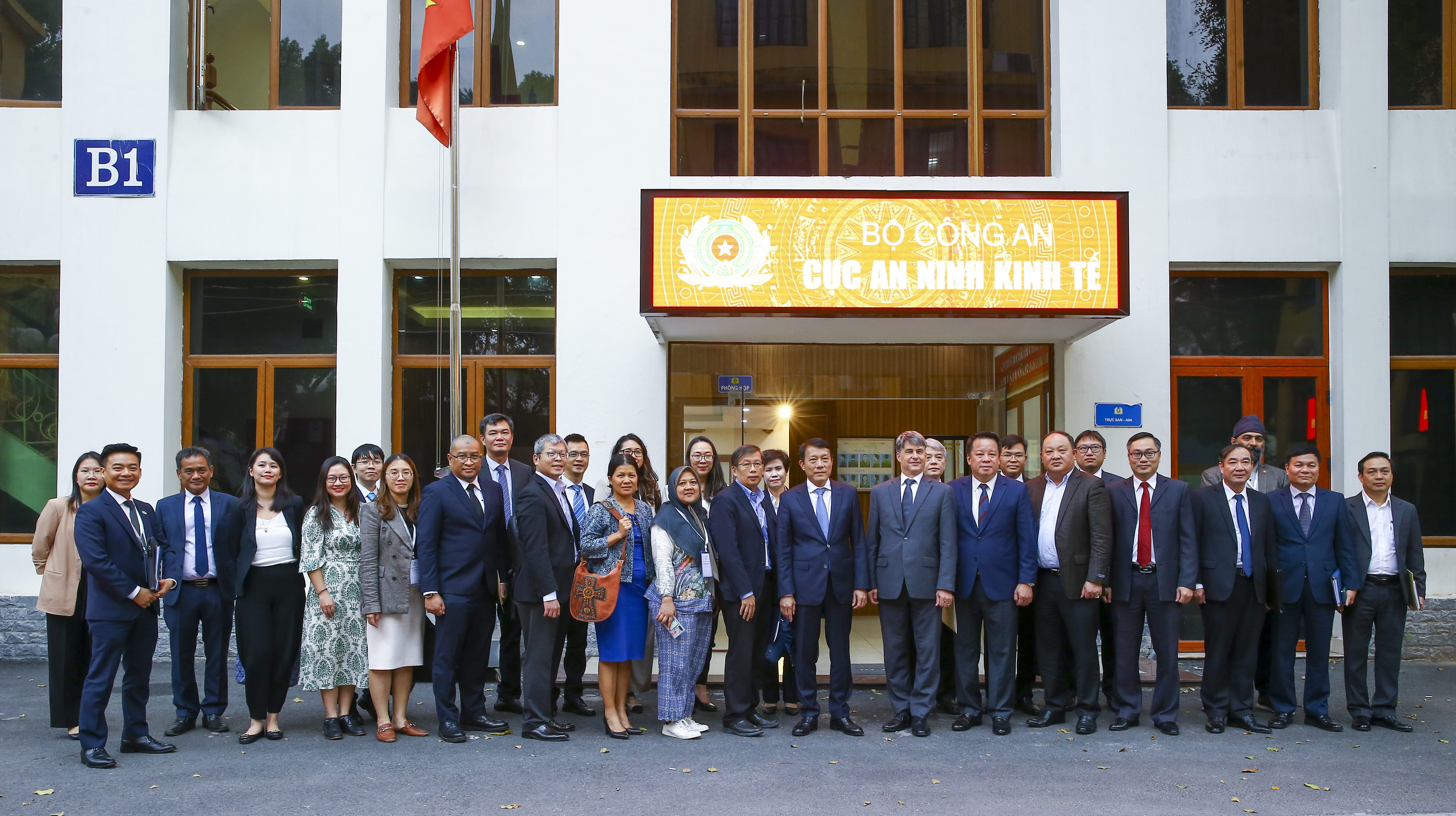Malaysia’s Investment into CCUS to Decarbonize

Given Malaysia's planned continued reliance on pollutive fossil fuels, to hit their decarbonization targets, Malaysia is drafting legislation to strengthen the domestic environment to support the Carbon Capture, Utilization, and Storage (CCUS) sector. The first piece of legislation will be tabled in November and will focus on governance of the CCUS value chain, prioritizing CCUS projects on offshore sites first before conducting feasibility studies on onshore storage, put CCUS under the federal government. Subsequently, Malaysia will put in place plans for bilateral agreements with Japan and South Korea to import carbon dioxide from them. This will complement its ongoing plans to build 3 CCUS hubs by 2030 and 6 by 2050.
This legislative push by the Malaysian Ministry of Economy demonstrates a commitment to creating a structured framework for CCUS development to develop Malaysia into a regional CCUS hub. It also demonstrates Malaysia’s pragmatic approach to balancing economic interests with climate commitments, signaling Malaysia’s seriousness about investing in CCUS, not just as a decarbonization tool, but also as an economic opportunity. However, the heavy reliance on CCUS to meet decarbonization targets while maintaining fossil fuel dependence is a risky strategy as it may leave Malaysia vulnerable to technological limitations and high implementation costs associated with CCUS.



![Cover-[USABC-Final]-Driving-ASEAN-Unity-Malaysia's-Vision-for-2025](/sites/default/files/2025-07/Cover-%5BUSABC-Final%5D-Driving-ASEAN-Unity-Malaysia%27s-Vision-for-2025.jpg)




